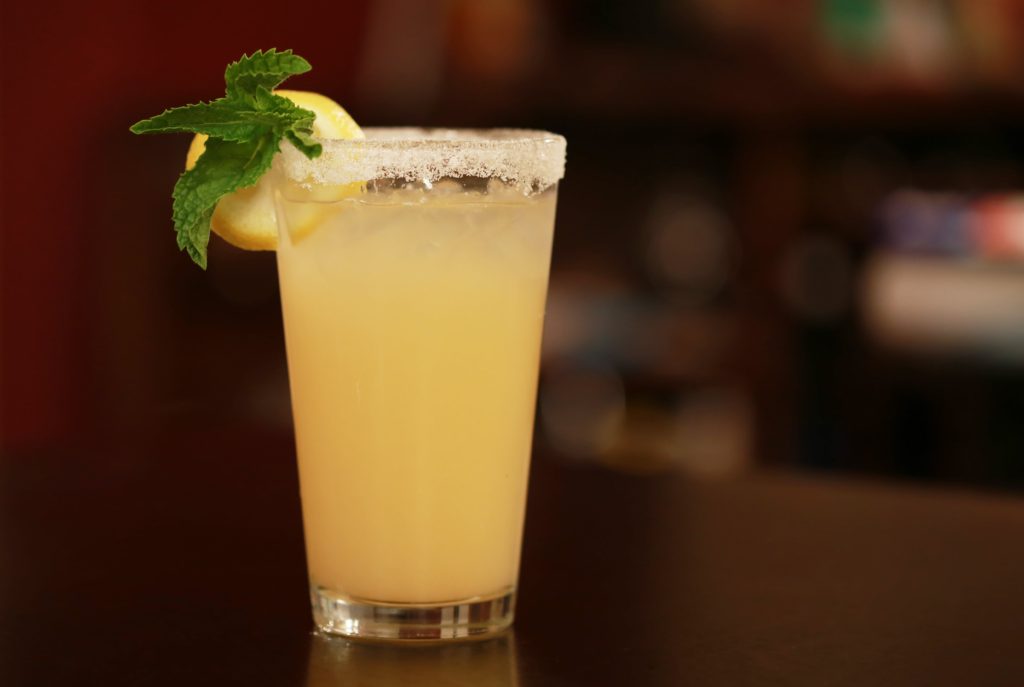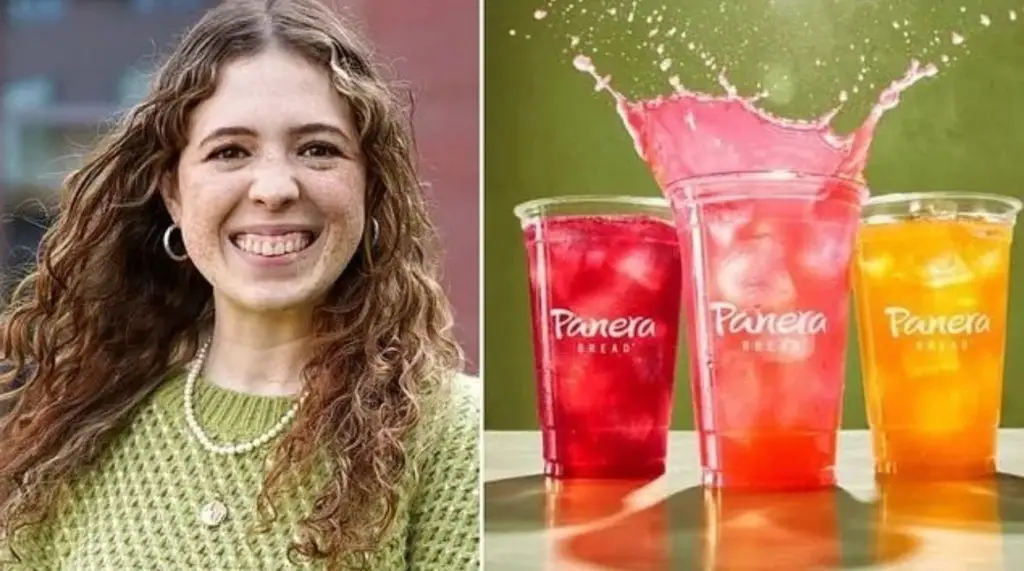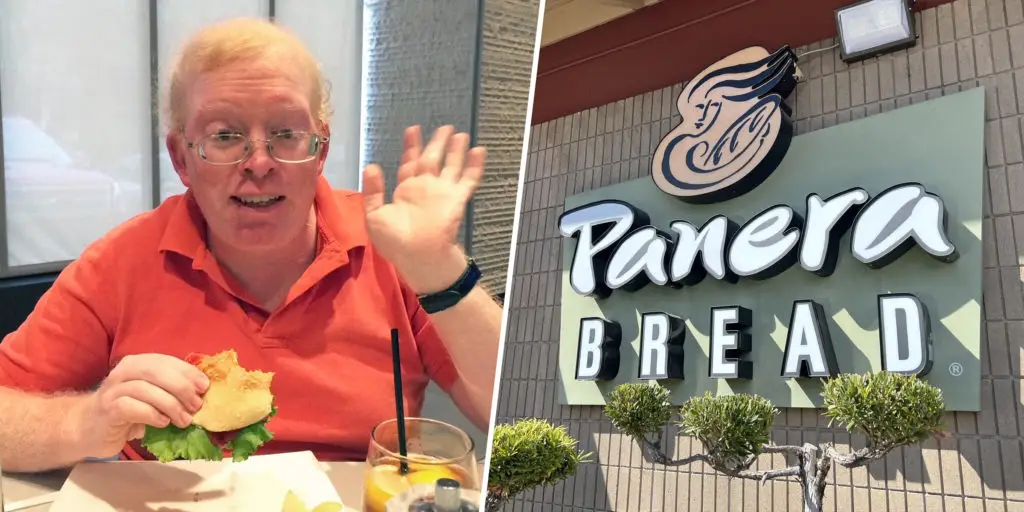Related Posts
Fans of Panera Bread have noticed that one of their famous drinks, the Charged Lemonade, has disappeared from their menu. The reason behind this disappearance is tragic, as the drink now links two deaths in the past year.
According to multiple allegations, Panera failed to warn consumers about the drink’s ingredients and potential health risks. The alleged beverage contained a high amount of caffeine, well over the appropriate dosage for energy drinks.

This article will cover the recent Panera Caffeinated Lemonade deaths while providing a comprehensive overview of the case. Read on!
New Death Linked to Panera Caffeinated Lemonade
Unfortunately, news reached the media that another person had been linked to the Charged Lemonade on October 23, 2023. The victim, Dennis Brown, died of a cardiac arrest after consuming three cups of the drink from a Panera outlet near his workplace.
His wife filed a wrongful death lawsuit against the company, alleging that Panera did not inform Brown or other customers about the drink’s high caffeine content. What’s worse is that the beverage was placed at a self-serve dispenser next to different lemonades and teas.
The lawsuit also claims that Panera didn’t warn Brown about the presence of guarana extract, a natural stimulant that can increase blood pressure and heart rate. This information was crucial since Brown had a history of high blood pressure and was taking medication for it.
First Death Linked to Panera Lemonade

Brown’s death came a year after the first fatal incident involving the Charged Lemonade, which was Sarah Katz, a 19-year-old student from New York. She died of a heart attack on September 15, 2022, after drinking a cup of the drink from a Panera in Manhattan.
According to her family, Katz had a congenital heart condition and had to avoid caffeine. They blamed Panera for their loss and filed a lawsuit, accusing the company of negligence and false advertising.
The lawsuits seek unspecified damages and injunctive relief, such as requiring Panera to disclose its products’ ingredients and health risks. The cases also aim to raise awareness and prevent further deaths from the Charged Lemonade or similar drinks.
The Problem With The Panera Caffeinated Lemonade
Panera Bread is a beloved American bakery and fast food restaurant with over 2000 locations in the US and Canada. The franchise received fame for delivering delicious and reliable food. So why are there allegations that their recent Lemonade drink is killing customers?
The Panera Caffeinated Lemonade, also known as Charged Lemonade, contains high amounts of caffeine and sugar. According to sources, the Charged Lemonade contains 390 milligrams of caffeine in a 30-fluid-ounce cup.
This amount is alarming as it is more than the caffeine content of standard cans of Red Bull and Monster energy drinks combined. According to Dennis Brown’s recently deceased wife, her husband had no idea the beverage was equivalent to nine cans of Red Bull or six cups of coffee.
It’s also worth adding that the Charged Lemonade contains 113 grams of sugar, equivalent to nearly 30 teaspoons.
While the Food and Drug Administration says healthy adults can safely consume 400 milligrams of caffeine a day, it is alleged these deaths are due to poor disclosure. Essentially, users are unaware of the caffeine content and amount, making them take more than their health can handle.
Panera’s Comments on The Allegations
Unfortunately, Panera has not commented directly on the allegations but has defended its Charged Lemonade as safe for most consumers. However, a Panera spokesperson commented after news of Sarah Katz’s death.
He commented: “We were very saddened to learn this morning about the tragic passing of Sarah Katz, and our hearts go out to her family. At Panera, we strongly believe in transparency around our ingredients. We will work quickly to investigate this matter thoroughly.”¹
After news of Dennis Brown’s death, the company removed the drink from its menu as of November 2023. Afterward, Panera Bread released a statement saying:
“Panera expresses our deep sympathy for Mr Brown’s family. Our investigation shows that his unfortunate passing was not caused by one of the company’s products. We view this lawsuit, which the same law firm filed as a previous claim, as equally without merit.”
This response doesn’t address the argument made by Brown’s lawyer, who pointe out that the beverages were sold as energy drinks for children and adults. They also appeared alongside non- or less-caffeinated beverages with little warning of their alarming caffeine content.
Criticism from Health Experts
Naturally, Panera Bread faced quick backlash for its Charged Lemonad, with experts arguing that the drink is a symptom of the US’s weak regulatory regime. This system eventually relies on lawsuits to protect consumers from dangerous products, resulting in unnecessary suffering.
It’s worth mentioning that Panera advertised its Charged Lemonade as “Plant-based and Clean with as much caffeine as our Dark Roast coffee.” However, other professionals express anger over this label as they find it misleading.
They argued that energy drinks should have clearer ingredient warnings and health risks.
What’s Next For Panera Bread?
Panera is in a difficult situation after receiving lawsuits from the families of two people who died after drinking its Charged Lemonade. Depending on the outcome of the lawsuits, Panera may have to pay compensatory and punitive damages to the family.
The fast-food brand may also face regulatory scrutiny and legal action from the Food and Drug Administration (FDA), the Federal Trade Commission (FTC), or other authorities. These organizations may investigate the safety and labeling of the Charged Lemonade and other products, forcing Panera to recall, reformulate, or discontinue some of them.
Naturally, any outcome not favoring Panera will result in reputational damage as customers become wary of their products. Therefore, they must launch a public relations campaign to restore their credibility or face a decline in sales and market share.
Conclusion
Ultimately, the connection between Panera’s Charged Lemonade and two deaths is unfortunate for the brand as the company may face legal, regulatory, and reputational consequences. At the same time, if found liable, the affected family would receive appropriate compensation for their painful loss.
Nevertheless, the case raises undeniable questions about the safety and regulation of energy drinks and the responsibility of consumers to be aware of what they are drinking.


[…] surrounding manufacturers and consumers are complex in many cases, especially regarding food items safely enjoyed by […]